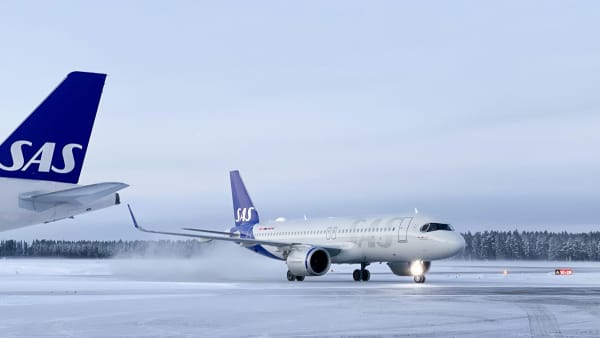The Importance of Language Skills in Aviation
In the vast landscape of aviation, an essential but often overlooked aspect is the command over language. Especially for aviation professionals like pilots, air traffic controllers, and cabin crew, the aptitude in language skills greatly contributes to safety, clear communication, and efficient operations. Thus, it's no surprise that Aviation Language Skills play a crucial role in the industry, which thrives on precision, clarity, and standardization.
For those keen on pursuing a career in aviation or those passionate about understanding its intricacies, we delve deep into the importance of Aviation Language Skills, highlighting why they are an indispensable part of this dynamic field.
Aviation Language: The Backbone of Clear Communication
In an environment deemed as high-stakes as aviation, there's no room for potentially disastrous misunderstandings. Here's where language skills come to play. Here are some reasons why Aviation Language Skills are crucial:
Safety: The International Civil Aviation Organization (ICAO) states that a significant number of aviation accidents and incidents worldwide involve language issues. Therefore, the ability to understand and convey information precisely in a common language could mean the difference between life and death.
Efficiency: Effective communication is key to avoid delays, miscommunications, and conflicts between numerous parties involved in flight operations. This enormous responsibility falls on the shoulders of those possessing adept Aviation Language Skills.
International Standards: The ICAO mandates English as the universal language of aviation. Regardless of nationality, aviation professionals must demonstrate competence in English to ensure smooth cross-border interactions and operations.
Knowing the importance, let's explore how these skills are assimilated into the industry's operations, looking closely at pilots and air traffic controllers.
Pilots: Navigating the Skies with Language
For pilots, command over Aviation Language Skills ensures:
Pre-flight Briefings: A clear, concise pre-flight briefing sets the tone for an effective and safe journey. By communicating clearly with crew and ATCs, pilots can address any possible risks beforehand.
In-Flight Communication: During a flight, countless instructions are dispensed and received. Comprehending these requires not just technical nous but a strong grip on Aviation Language Skills.
Emergency Response: Should an emergency arise, pilots should be able to communicate effectively with the ground staff, passengers, and ATC, expressing the situation without any ambiguity.
Air Traffic Controllers: Speaking the Language of the Skies
Air Traffic Controllers (ATC) share equal responsibility for direct communication, supervision, and the success of any flight. They must possess excellent Aviation Language Skills for:
Clear Instructions: ATCs issue directions to aircraft for route clearance, takeoff, landing, and taxiing. Any misinterpretation of these instructions could have severe consequences.
Handling Emergencies: In emergencies, ATCs must relay information and instructions accurately to help the flight crew mitigate potential threats.
Cultivating Aviation Language Skills: A Continuous Process
Skills and proficiency in the Aviation Language are neither inherent nor static. It's a continuous process, built over time through comprehensive training and regular practice. Here's how aviation professionals sharpen their language skills:
Training Programs: To inculcate English language skills, ICAO conducts structured training programs. These encompass a wide range of language proficiency aspects, with a focus on aviation vocabulary, phraseology, and interactions.
Language Proficiency Tests: To ensure a consistent standard, aviation professionals undergo stringent tests that assess English language proficiency, such as the ICAO Language Proficiency Test.
Continuous Learning: Language skills are aptitude-based and require regular upkeep. Hence, continuous reading, speaking, and listening exercises form a significant part of an aviation professional’s life.
Undeniably, Aviation Language Skills sit at the core of aviation operations, ensuring safety, efficiency, and harmony across international borders. While the role of technology, expertise, and precision plays a notable part in aviation, language skills undeniably form the backbone, facilitating clear, concise, and effective communication.
Remember: flying isn't only about navigating the skies; it is also about mastering the language of the skies. This interplay of language proficiency and technical expertise is what makes aviation a truly remarkable field.




